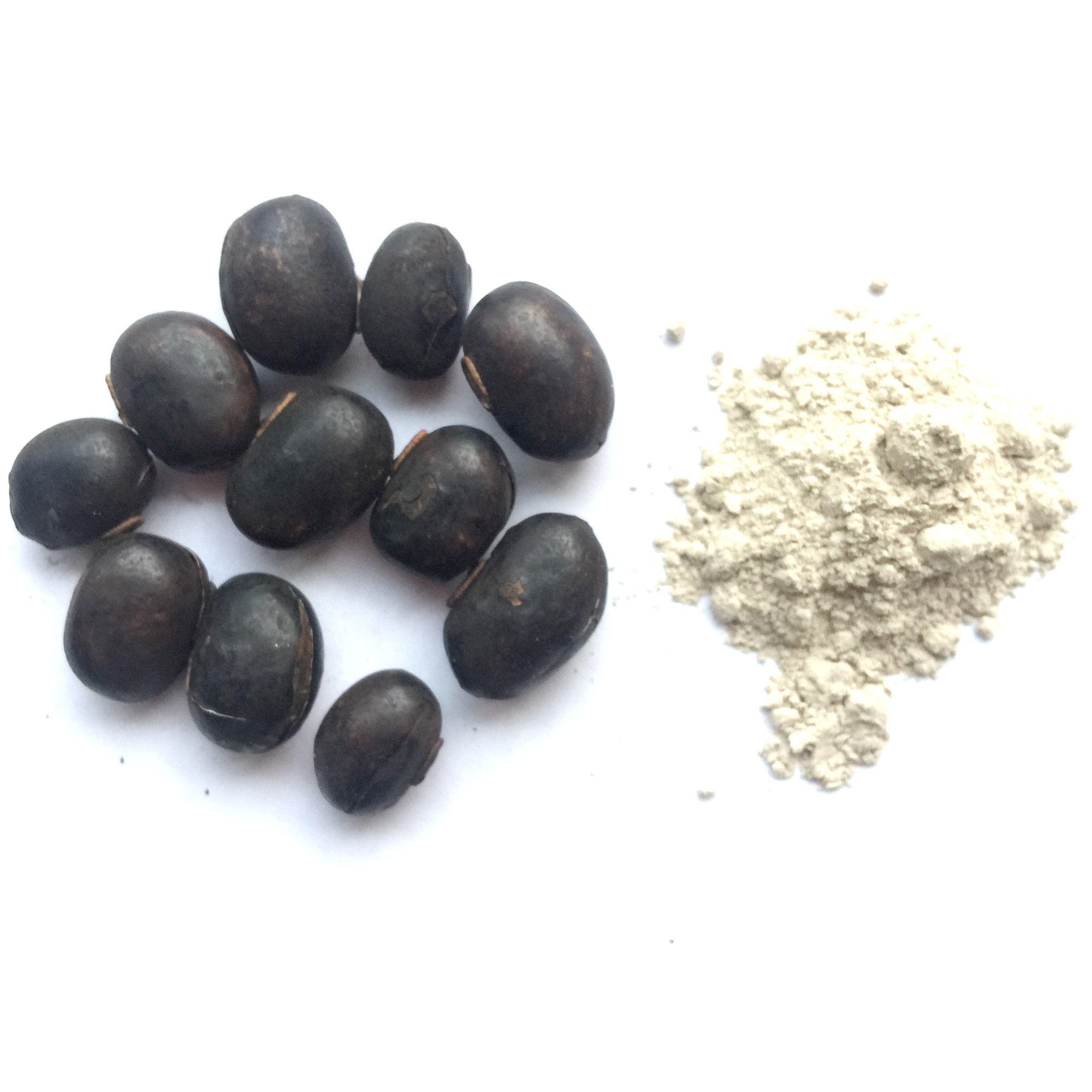
- Article published at:
- Article author: Macudopa team
- Article comments count: 0
Drawer menu

For people living with Parkinson’s Disease (PD), choosing the right dopamine support is crucial. While synthetic medications like Sinemet® and Madopar® are widely used, emerging clinical research – led by neurologists like Dr Rafael Maldonado in Spain – suggests that natural Mucuna pruriens may offer a faster, stronger, and longer-lasting alternative.
In this post, we explore the clinical evidence behind the claim that Mucuna pruriens is not only well tolerated, but may outperform standard levodopa therapies in key ways.
Mucuna pruriens is a tropical legume rich in natural levodopa (L-DOPA) – the same compound used in pharmaceutical Parkinson’s drugs. However, when delivered in its natural plant matrix, it may act differently in the body. In traditional Ayurvedic medicine, Mucuna has been used for over 3,000 years for tremor and rigidity – conditions we now classify as Parkinson’s Disease.
Here’s what the evidence shows:
A study published in the Journal of Neurology, Neurosurgery & Psychiatry compared Mucuna to Sinemet in 8 Parkinson’s patients.
Study link: Katzenschlager et al., 2004
In rodent studies, Mucuna doubled or tripled symptom improvement versus equivalent synthetic L-DOPA. One study showed enhanced dopamine restoration in the brain.
Study link: Hussain & Manyam, 1997 (Phytotherapy Research)
A 2017 Neurology study found Mucuna non-inferior to standard dispersible levodopa/benserazide in 18 patients, with better tolerability.Study link: Cilia et al., 2017
Natural Mucuna pruriens doesn’t just contain levodopa. It includes:
These co-factors may:
A 2008 patent by neurologists Olanow and Lees describes Mucuna as having a wider therapeutic window, longer duration, and reduced risk of dyskinesia.
Patent link: US Patent US7470441B2
Multiple studies reviewed by Dr Maldonado show that Mucuna-treated animals:
Key studies:
At MacuDopa, we’ve built on this science by creating HPLC-standardised Mucuna formulations – such as MacuDopa Day, MacuDopa Night, and MultiDopa – delivering consistent levodopa content with pharmaceutical-level precision.
If you’re exploring alternatives to synthetic levodopa or want to reduce side effects, this growing body of research suggests that Mucuna pruriens may offer a more natural, stronger, and longer-lasting solution.
Study |
Key Finding |
Year |
Link |
|---|---|---|---|
Katzenschlager et al. |
Faster onset, longer duration, better plasma levels |
2004 |
View |
Cilia et al. |
Comparable efficacy, better tolerability |
2017 |
View |
Hussain & Manyam |
Twice the efficacy in animals |
1997 |
View |
Lieu et al. |
Fewer dyskinesias, long-term benefit |
2010–2012 |
View |
Olanow & Lees (Patent) |
Longer effect, wider safety margin |
2008 |
View |
To learn more about the MacuDopa range and how we support natural Parkinson’s care, visit www.macudopa.com.